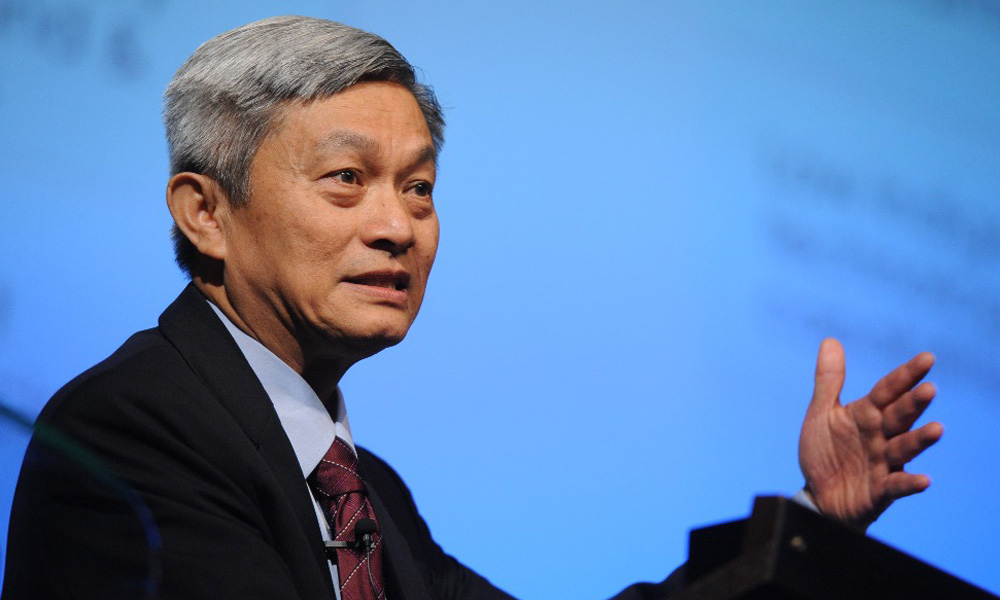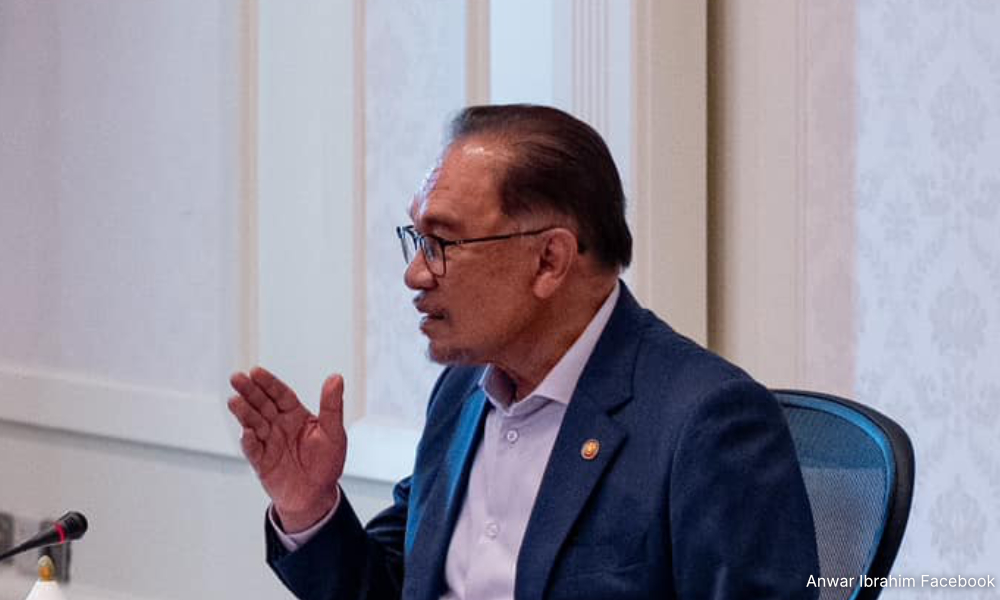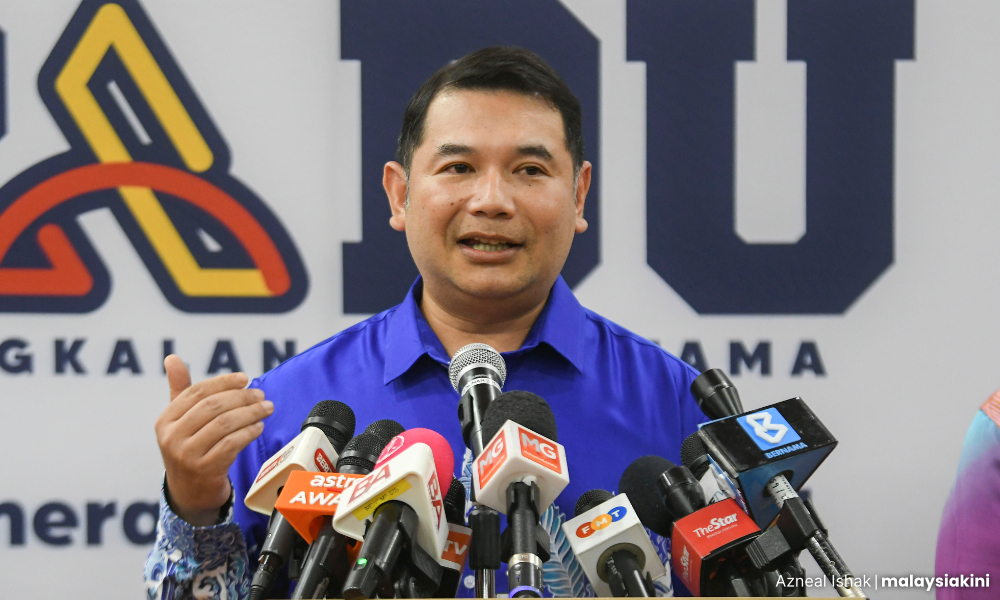An economist has lauded the government’s proposal to provide direct cash transfers when giving targeted subsidies to the public.
Speaking to Malaysiakini, Sunway University economics professor Yeah Kim Leng said direct cash transfers were less costly and more efficient compared to subsidy cards - an option that was initially considered by the previous Pakatan Harapan government.
“Cash transfers have been universally recommended by multilateral agencies and economists as a more efficient and less costly way of providing targeted fuel subsidies compared to subsidy cards, unless there is strong administrative capability in managing subsidy cards effectively.
“While subsidy cards may be effective in ensuring the recipients can appreciate the subsidy each time they are at the pump, cash transfers, however, provide recipients with greater flexibility in spending the subsidies.
“They are able to cut back on private vehicle usage and opt for public transportation or carpooling thereby contributing to lower fossil fuel consumption,” he said.

He stated that Malaysians could also use the cash transfers for other spending needs including coping with inflation and cost of living.
Greater flexibility
Yeah added that case transfers, besides offsetting fuel price increases, provided recipients with greater choices and flexibility in spending the subsidy.
“The ultimate aim is to reduce market distortions caused by subsidised prices and create a more adaptable and resilient economy in responding to price shocks with imperilling government finances as subsidies tend to balloon when the general population becomes used to unchanging or controlled prices,” he added.

On Sunday, Prime Minister Anwar Ibrahim implied that direct cash transfers were the government’s chosen route when rolling out targeted subsidies on fuel and other items expected to be rolled out in a couple of months.
He said those eligible for subsidies would not be burdened by price increases as the extra money would be paid into their accounts.
In January, the government launched the Central Database Hub (Padu) to allow the public to update their information - including their monthly income, household size and financial obligations - as a prelude to giving subsidies on a more targeted basis.
Economy Minister Rafizi Ramli - who spearheaded the Padu initiative - has indicated that the targeted subsidies would be rolled out in the second quarter of this year.
Rafizi had said that with Padu, aid eligibility will be more nuanced rather than simply based on household income and family size, and could tackle problems such as urban poverty.
The government has been giving aid to low- and middle-income households through direct cash transfers since 2012.

It has gone through multiple rebranding exercises and is currently known as the Rahmah cash aid.
Part of the aid includes the Rahmah Basic Necessities Aid (Sara) which was introduced last year.
Under Sara, eligible recipients get up to RM100 per month which can be redeemed at grocers to purchase necessities. The redemption is made via MyKad.
Former Damansara MP Tony Pua - who was an aide at the Finance Ministry from 2018 to early 2020 - had revealed that the previous Harapan government had considered using MyKads for targeted fuel subsidies as well instead of cash transfers.
He explained that this kind of subsidy system was preferable to direct cash transfers, as people always want to see subsidised prices at the pump, and would not remember that cash handouts were meant to subsidise petrol. - Mkini

No comments:
Post a Comment
Note: Only a member of this blog may post a comment.